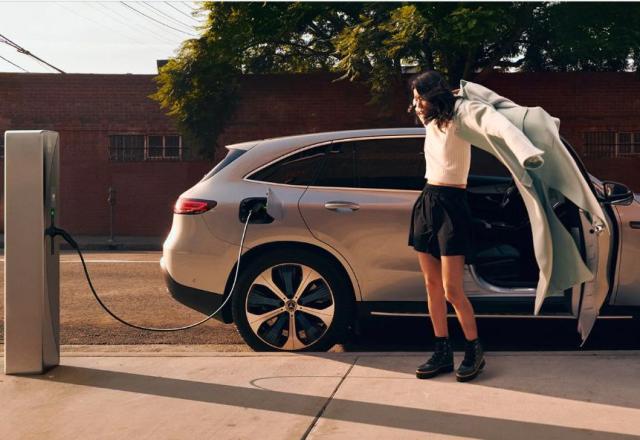Mercedes-Benz is facing significant challenges in its electric vehicle business, prompting the company to shift its focus toward cost-cutting measures and a more balanced approach between combustion engine and battery-electric vehicles.
Mercedes-Benz has reported 4.5 percent drop in sales to €145.594 billion in 2024. Its net profit fell 28.4 percent to €10.409 billion.
Germany-based Mercedes-Benz has sold 1,983,403 cars. The number of xEV cars was 367,610. The number of BEV cars was 185,059. This compares with 2,044,051 total vehicles, 401,943 xEVs and 240,668 BEVs in 2023.
The number of Mercedes-Benz BEV Vans sold was 19,516 in 2024 as compared with 22,666 in 2023.
New focus
The luxury automaker announced that by the end of 2027, it will release 19 new petrol and diesel models alongside 17 battery-electric vehicles, signaling a departure from its previous aggressive push toward full electrification.
Mercedes-Benz’s product launch program starts in 2025 with the CLA, followed by a major upgrade of the S-Class in 2026, an all-electric GLC and C-Class, as well as a string of BEV and electrified high-tech ICE launches at Mercedes-AMG.
“We are taking steps to make the company leaner, faster and stronger, while readying an intense product launch campaign for multiple new vehicles starting with the all new CLA.” Ola Kaellenius, Chief Executive Officer of Mercedes-Benz Group, said.
Despite its renewed focus on combustion engine models, Mercedes-Benz remains committed to a strategy centered around high-margin, luxury vehicles rather than mass-market volume, Reuters news report said.
CFO Harald Wilhelm, in the company’s earnings report, reaffirmed Mercedes-Benz’s stance, emphasizing that the strategy of value over volume remains intact and pointing out that the continued dominance of combustion engine sales is beneficial to the company’s margins.
Mercedes-Benz plans to localize more production in China and the United States. This move aims to shield the company from rising trade tensions, particularly as former U.S. President Donald Trump has threatened to impose a 25 percent tariff on all vehicle imports starting in April.
The financial outlook for Mercedes-Benz remains bleak, with earnings expected to continue declining in 2025 following a 30 percent drop last year.
Cost-cutting strategy
Mercedes-Benz has outlined a cost-cutting strategy aimed at reducing production costs by 10 percent by 2027 and doubling those savings by 2030. This initiative builds on an earlier plan, launched in 2020, which aimed to cut costs by 20 percent between 2019 and 2025.
While Mercedes-Benz does not plan to shut down any plants in Germany, it has announced that production of one of its models will be shifted to Hungary, where costs are significantly lower — by as much as 70 percent.
Additionally, Mercedes-Benz plans to streamline operations by outsourcing various departments, including finance, human resources, and procurement, and will gradually reduce its workforce through retirements and voluntary redundancies.
Mercedes-Benz performed better than premium rival Audi. Mercedes-Benz fell behind BMW, which managed to increase its EV sales.
Baburajan Kizhakedath

